One
of the most important decisions you make during your academic journey is
choosing the right topic for your PhD scholars. It will determine your research, career path, and experience during
your doctoral studies. However, the process can be very huge because of number
of possibilities. This guide will help you simplify the selection process and
focus on what matters to you.
Why Your PhD Topic Matters?
Your
PhD research will take a number of years to be completed, and it requires
dedication, persistence, and passion.A well-chosen topic:
✅Keeps you motivated during your research.✅Boosts the possibility of significant contributions to your field.
✅Is in line with your long-term career objectives. This is a very tough task for the students to decide on the research topic while studying PhD.
Selecting the research topic is quite a daunting task for students while undertaking PhD programs. However, developing a good research question has a very positive outcome on students' research careers. Thesis advisors aid students in this initial stage. At later stages, PhD students are supposed to choose their own research topic for subsequent studies.
However, in the quest to cover a few interesting research topics, balance always needs to be achieved between staying curious and meeting societal demands. Secondly, funding agencies fund research proposals that are compelling and based on highly meaningful, relevant research topics. Good selection of research topics can therefore increase the possibility of success.
PhD Research Topic and Your Career
Conducting a careful literature review allows the researchers to pinpoint research gaps already identified and devise innovative ways of overcoming them. Once the research gap is determined, it is of paramount importance to select a relevant research question. A relevant research question can easily form a meaningful research proposal. In fact, a good research proposal can really influence the whole career of a doctoral researcher by finalizing one. Researchers are supposed to choose topics that can, in all reasonable possibilities, lead to impact publications. Good publications fetch good citations. Well-published and well-cited researchers can get their dream jobs in academia or industry; Your PhD research topic determines a large part of your career. Whether you aim for academia, industry, or entrepreneurship, selecting the right topic can open doors to opportunities and long-term success.
How Your PhD Topic Affects Your Career?
✅ Industry Relevance: An appropriate topic
according to market trends gives more chances of getting jobs.
✅ Academic Growth: Strong research area results in publications,
postdocs, and faculty positions.
✅ Networking & Collaboration: The appropriate
topic brings you in touch with industry leaders and researchers.
✅ Innovation & Entrepreneurship: Research in
emerging fields may result in patents and start-ups.
How to Select a Career-Oriented Research Topic?
Determine Your Career Direction – Academy or Industry, or Both?
Analyse Market & Technology Trend – Identify the most in-demand skills and innovations.
Focus on Real-World Applications – Pragmatic problems to solve for greatest impact.
Investigate Interdisciplinary Topics – AI+Healthcare, Embedded Systems+IoT, etc.
Consult Experts – Professors, industry experts and former alumni of any PhD program.
Steps for Choosing the Perfect PhD Topic
1. Clarify Your Interests
Reflect on the topics that drive your passion. Ask yourself:
• What subjects have kept me interested in my previous studies?
• What problems do I have a passion for solving?
• Are there emerging trends in my field that interest me?
2. Analyse Past Work
Conduct a literature review to understand:
• What has been done in my field?
• Are there research gaps that need further research?
• What methodologies are most popular?
A good understanding of existing research is necessary to put your work correctly.
3. Practical Feasibility
While passion is a must, practical considerations also play a role:
• Do you have access to the necessary resources (labs, data, funding)?
• Can you complete the research within the given timeframe?
• Are there faculty members who can guide and support your research?
4. Align with Career Goals
Your PhD should align with your long-term aspirations. Ask yourself:
• Do I want to stay in academia or move into industry?
• Will this topic enable me to build expertise in a high-demand area?
• Does it open doors to future research or job opportunities?
5. Discuss with Advisors and Peers
Seek guidance from professors, research scholars, and industry experts. Their insights can:
• Help refine your research question.
• Provide clarity on feasibility.
• Connect you with relevant research communities.
6. Test Your Idea
Before finalizing your topic, try conducting a small pilot study or writing a brief research proposal. This will help you:
• Gauge the complexity of your research.
• Identify potential challenges.
• Adjust your approach if needed.
Final Thoughts
When you look at choosing a doctoral theme, one thing is to choose a topic for your dissertation, but there is another thing to come up with a meaningful research problem that matches your ambition, viability and career. So take the time to find out your options and choose a topic that encourages and challenges you.
Need Help with Your PhD Project?
At Takeoff Projects, we provide guidance on research projects in CSE, EEE, VLSI, Embedded Systems and MATLAB. If you need help in choosing or developing your PhD research, feel free to reach out!
Would you like to add specific examples or tailor the content further?

 PhD in Electrical Engineering: Research & Writing Support
PhD in Electrical Engineering: Research & Writing Support  Which are the Best PhD Assistance and Dissertation Writing Services in India?
Which are the Best PhD Assistance and Dissertation Writing Services in India?  How to Choose a PhD Research Domain: EEE, ECE, or CSE?
How to Choose a PhD Research Domain: EEE, ECE, or CSE? 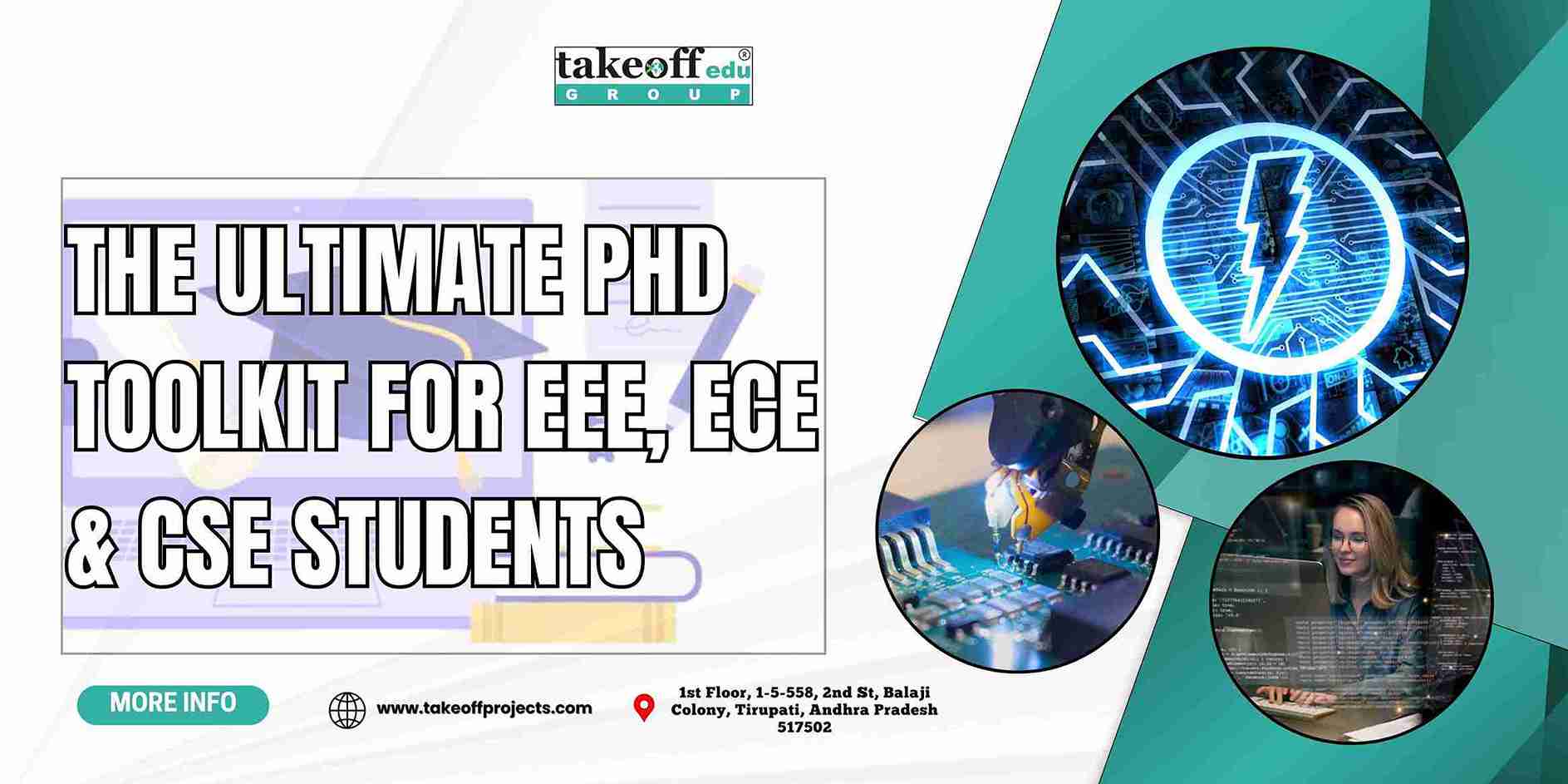 The Ultimate PhD Toolkit for EEE, ECE and CSE Students
The Ultimate PhD Toolkit for EEE, ECE and CSE Students  Publication Success in EEE, ECE, and CSE: Expert Tips for Engineering Scholars
Publication Success in EEE, ECE, and CSE: Expert Tips for Engineering Scholars  Your PhD Guide to Multi-Disciplinary Research in Engineering and Technology
Your PhD Guide to Multi-Disciplinary Research in Engineering and Technology  Top PhD Topics across EEE, ECE, and CSE: Bridging Innovation and Impact
Top PhD Topics across EEE, ECE, and CSE: Bridging Innovation and Impact 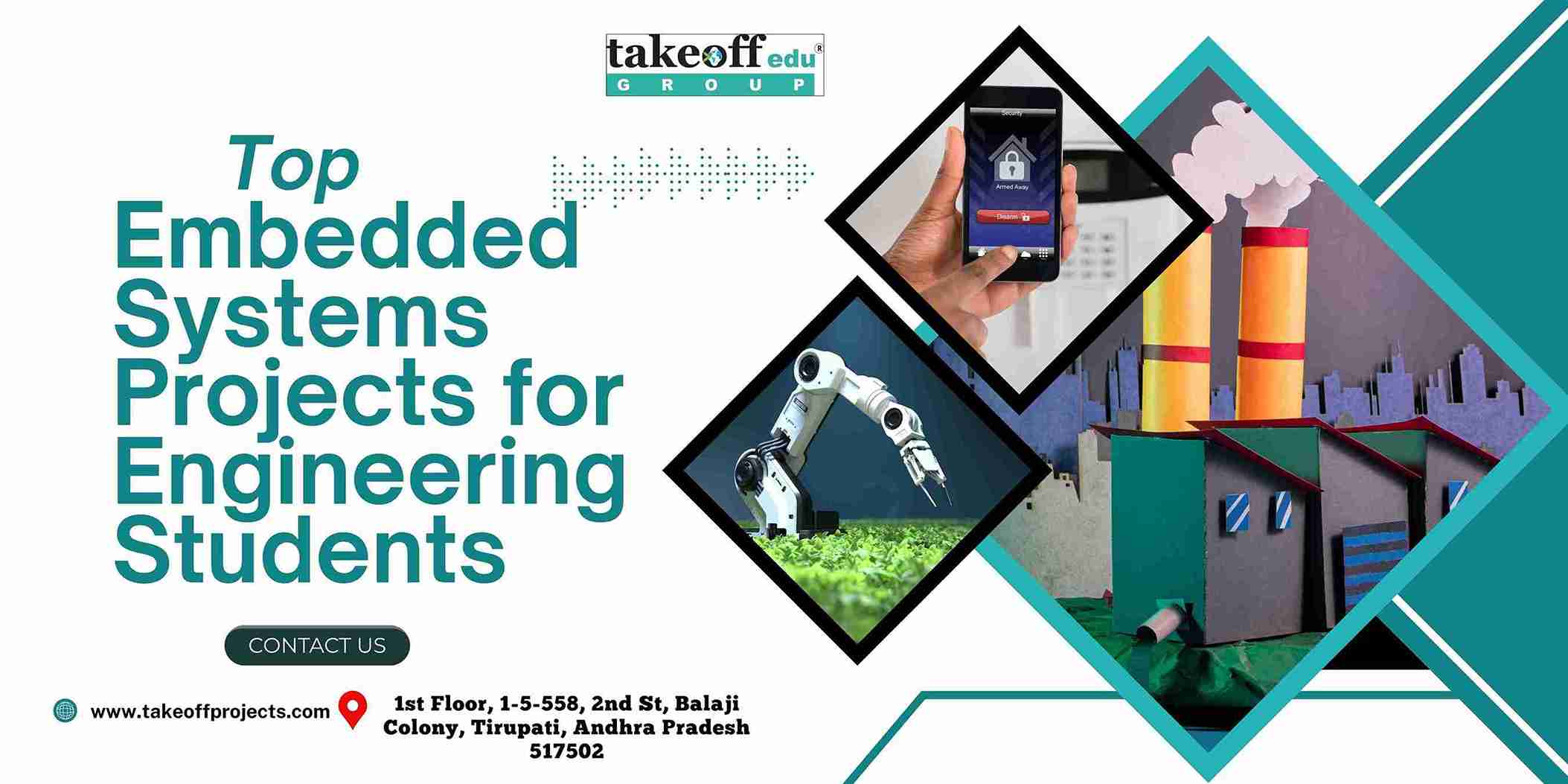 Top Embedded Systems Projects for Engineering Students
Top Embedded Systems Projects for Engineering Students  Crafting the Future of Tech: PhD Research Trends in Software Engineering
Crafting the Future of Tech: PhD Research Trends in Software Engineering  From Algorithms to Applications: Comprehensive PhD Support for CSE Students
From Algorithms to Applications: Comprehensive PhD Support for CSE Students  Cybersecurity and Blockchain: Pioneering Research Areas for PhD Scholars
Cybersecurity and Blockchain: Pioneering Research Areas for PhD Scholars  The Art of Writing High-Impact Research Papers in CSE Domains
The Art of Writing High-Impact Research Papers in CSE Domains  AI, ML, and Big Data: Emerging PhD Topics in CSE to Watch
AI, ML, and Big Data: Emerging PhD Topics in CSE to Watch  Top Research Trends in Electrical Drives for Aspiring PhD Scholars
Top Research Trends in Electrical Drives for Aspiring PhD Scholars  Transforming Ideas into Impact: Dissertation Help for EEE Scholars
Transforming Ideas into Impact: Dissertation Help for EEE Scholars  Navigate Your PhD with Confidence: Comprehensive Assistance Every Step of the Way
Navigate Your PhD with Confidence: Comprehensive Assistance Every Step of the Way  ECE Dissertation Success: Expert Tips for Writing and Publishing your Academic Success
ECE Dissertation Success: Expert Tips for Writing and Publishing your Academic Success 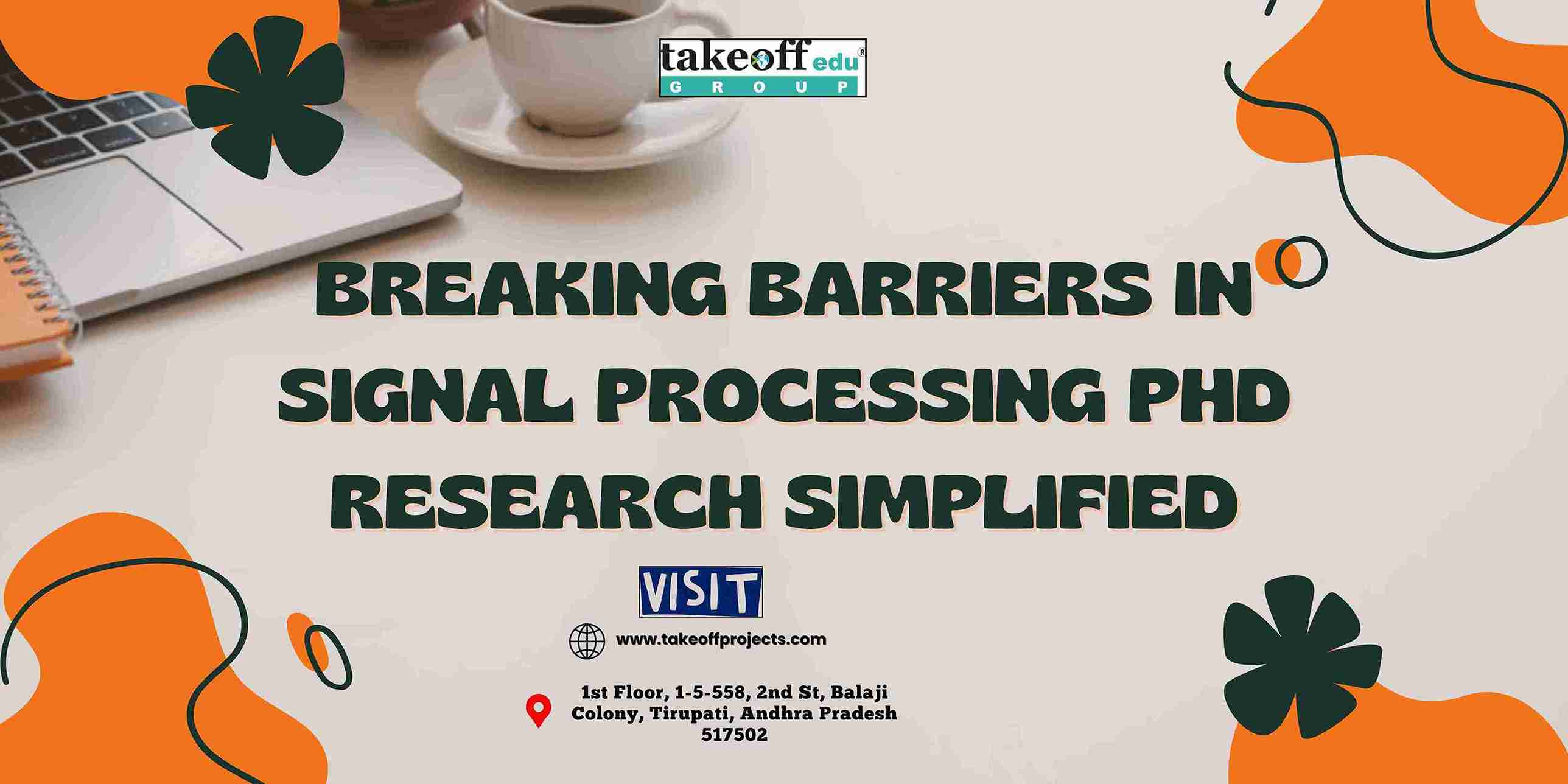 Breaking Barriers in Signal Processing: PhD Research Simplified
Breaking Barriers in Signal Processing: PhD Research Simplified  Building the Next-Gen Tech: A Guide to ECE Research and Publication
Building the Next-Gen Tech: A Guide to ECE Research and Publication  From Circuits to Control Systems: Navigating EEE Research with Expert Guidance
From Circuits to Control Systems: Navigating EEE Research with Expert Guidance  From Data to Discovery: Quantitative Analysis That Drives Results
From Data to Discovery: Quantitative Analysis That Drives Results  Future of IoT and Wireless Communication: Top PhD Opportunities in ECE
Future of IoT and Wireless Communication: Top PhD Opportunities in ECE  Top PhD Topics Energy Management in Power Electronics
Top PhD Topics Energy Management in Power Electronics  Exploring VLSI Design and Embedded Systems: Winning Research Topics for ECE Scholars
Exploring VLSI Design and Embedded Systems: Winning Research Topics for ECE Scholars  Expert-Approved Techniques for Crafting a Winning PhD Synopsis
Expert-Approved Techniques for Crafting a Winning PhD Synopsis  Writing with Purpose: How to Create Engaging Seminar Papers That Stand Out
Writing with Purpose: How to Create Engaging Seminar Papers That Stand Out  Unlocking Publication Success: Your Guide to High-Impact Journal Articles
Unlocking Publication Success: Your Guide to High-Impact Journal Articles  Mastering Energy Management: Top PhD Topics in Power Electronics
Mastering Energy Management: Top PhD Topics in Power Electronics 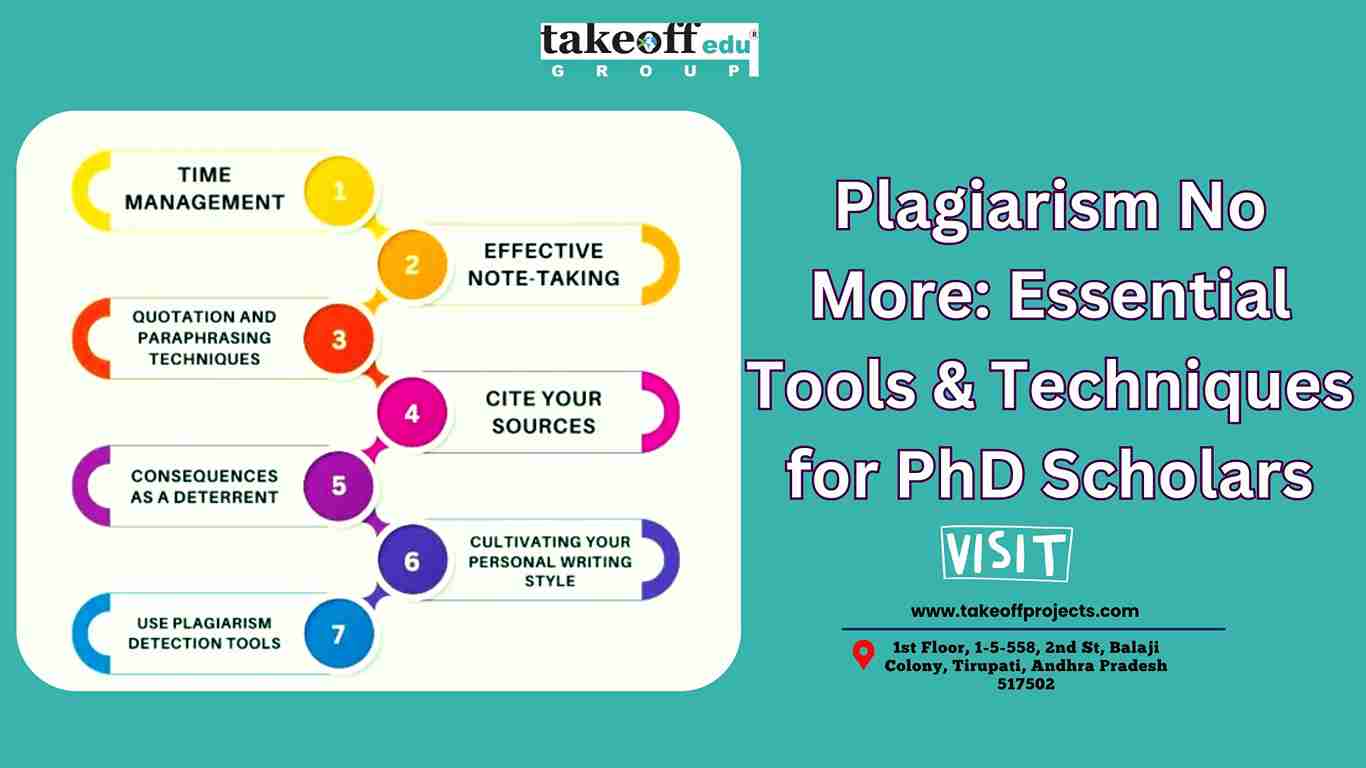 Plagiarism No More: Essential Tools and Techniques for PhD Scholars
Plagiarism No More: Essential Tools and Techniques for PhD Scholars 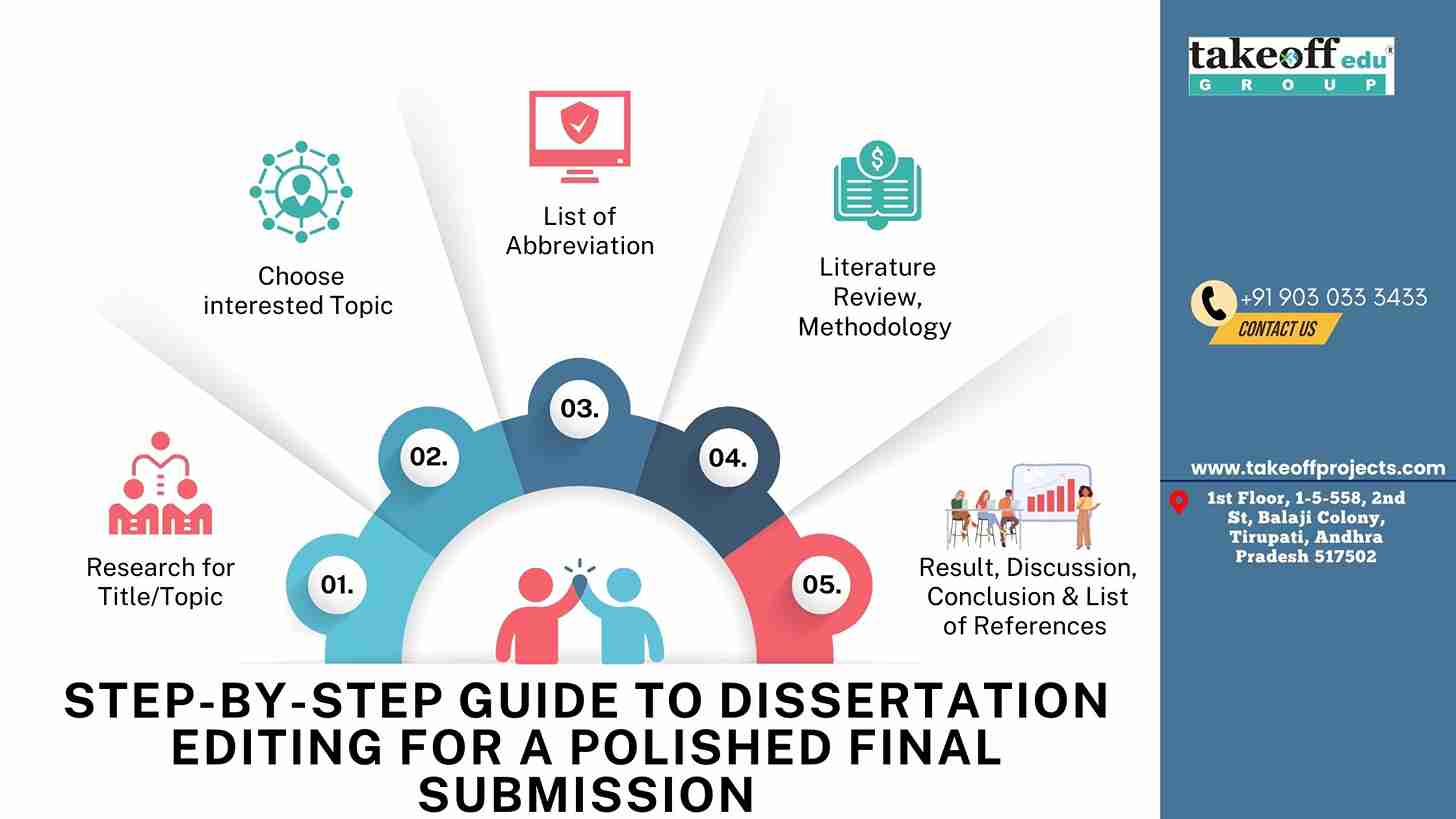 Step-by-Step Guide to Dissertation Editing for a Polished Final Submission
Step-by-Step Guide to Dissertation Editing for a Polished Final Submission  Why Literature Review Is the Backbone of Your PhD Research?
Why Literature Review Is the Backbone of Your PhD Research?  Accelerate Your Research: Software Implementation Made Easy for PhD Students
Accelerate Your Research: Software Implementation Made Easy for PhD Students  Stress-Free PhD Viva Voce Preparation: Expert Tips to Impress Examiners
Stress-Free PhD Viva Voce Preparation: Expert Tips to Impress Examiners  Transforming Data into Insights: Qualitative and Quantitative Analysis Explained
Transforming Data into Insights: Qualitative and Quantitative Analysis Explained  The Art of Problem Identification: Laying the Foundation for PhD Success
The Art of Problem Identification: Laying the Foundation for PhD Success  Say Goodbye to Plagiarism Worries: A Guide to Flawless Dissertation Writing
Say Goodbye to Plagiarism Worries: A Guide to Flawless Dissertation Writing  From Idea to Impact: Crafting High-Quality Conference and Seminar Papers
From Idea to Impact: Crafting High-Quality Conference and Seminar Papers  Crack the Code of Successful Publications: Comprehensive PhD Support
Crack the Code of Successful Publications: Comprehensive PhD Support  Top Strategies for Writing a Journal Ready Manuscript with Zero Plagiarism
Top Strategies for Writing a Journal Ready Manuscript with Zero Plagiarism  How to Nail Your PhD Research Proposal: Tips from the Pros
How to Nail Your PhD Research Proposal: Tips from the Pros  Understanding the Basics of Power Systems: A Comprehensive Guide
Understanding the Basics of Power Systems: A Comprehensive Guide  Turn Research Challenges into Opportunities: Expert PhD Consultation Services
Turn Research Challenges into Opportunities: Expert PhD Consultation Services 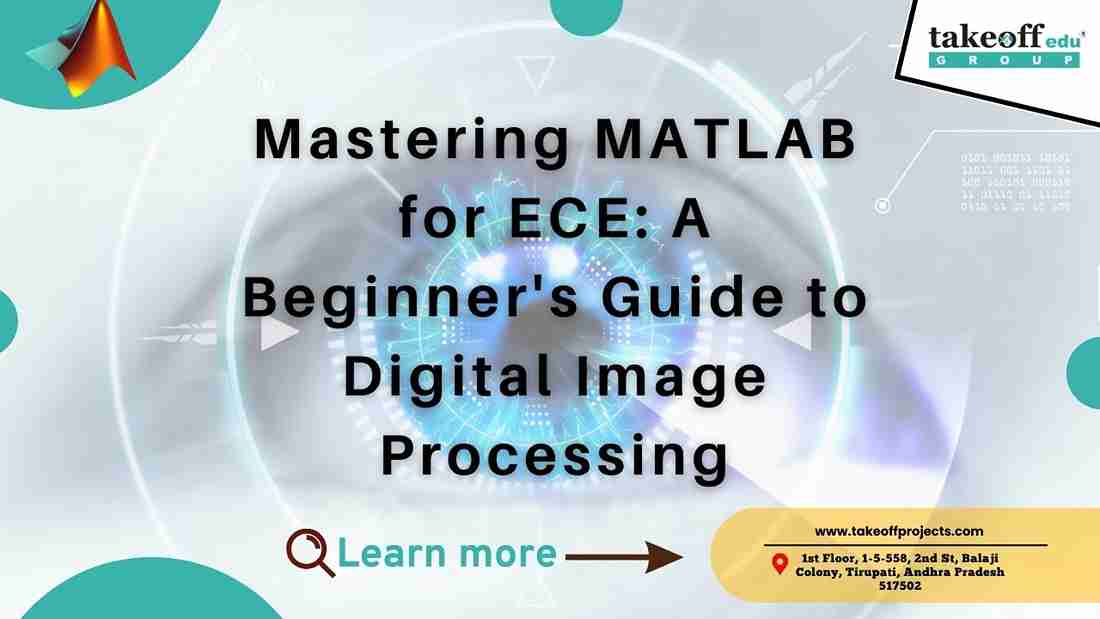 Mastering MATLAB for ECE: A Beginner's Guide to Digital Image Processing
Mastering MATLAB for ECE: A Beginner's Guide to Digital Image Processing  Mastering Your PhD Journey: From Topic Selection to Dissertation Success
Mastering Your PhD Journey: From Topic Selection to Dissertation Success  Assignment Writing Service
Assignment Writing Service  PhD Research Assistance
PhD Research Assistance  PhD Thesis Writing Services
PhD Thesis Writing Services  Masters Dissertation Writing
Masters Dissertation Writing  Journal Paper Writing
Journal Paper Writing  Research Paper Writing Services
Research Paper Writing Services 
 Paper Publishing
Paper Publishing


